New video and audio recordings have recently appeared on the Internet, in which a person resembling Chernihiv businessman Denys Pashchenko negotiates with foreign interlocutors how to smuggle narcotics through Ukraine to Europe. He talks about "high-level agreements", flaunts contacts with political leaders of various countries in order to create the impression of immunity. For some, this might seem like a shock. For those who have followed his biography, it is a regularity.
Pashchenko was never a "clean" businessman. His path in crime began back in 2004, when he was convicted in Ukraine for grievous bodily harm. According to lawyer Yevgeny Gilin, he managed to serve time in Spain, Andorra, and Greece. Instead of a business career, he chose the path of a person who makes money where others lose: on the weak, on the gullible, on the system that cannot keep up with his impudence.
Loud fame came after the kidnapping of the ex-mayor of Kherson, Volodymyr Saldo, in the Dominican Republic. Although Saldo himself is a traitor to Ukraine, it was this case that made Pashchenko famous in international databases. In 2017, he was declared a national wanted man, and the following year, an international .
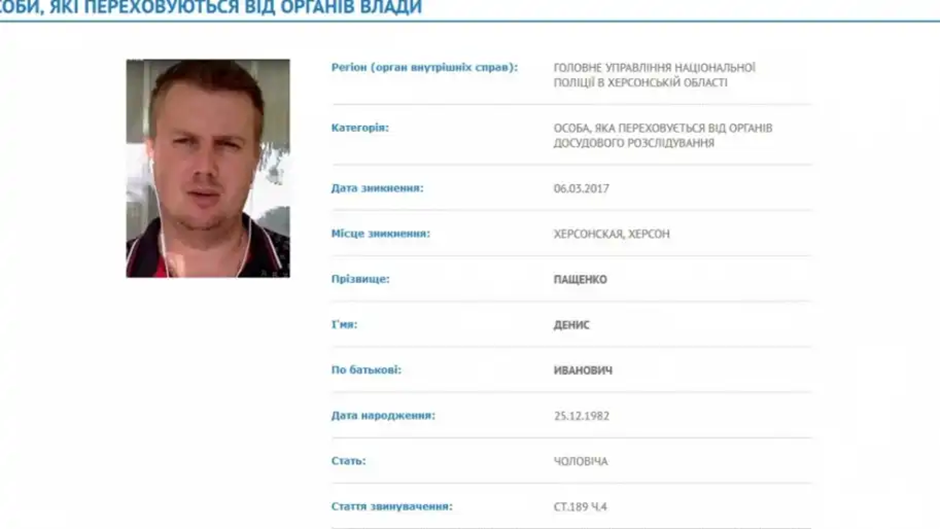
In 2019, he was detained in Switzerland and extradited to Ukraine in the fall. It seemed that the story was over: a real prison awaited a person with such a background. But the system failed again.
Instead of detention, the judge released him on personal recognizance. When he tried to fly out of the country against the ban, he was stopped by border guards. And even then, he was only given nightly house arrest. Thus, the internationally wanted man, a man with a criminal past, found himself at large again.
At the same time, he did not abandon his “business” — the ability to promise. From sources, we learned that for money Pashchenko promised to solve any problems: find contacts, negotiate with judges or officials, help in “sensitive cases.” People paid, but received nothing. This was his favorite scheme: take money, break promises, and leave the interlocutor with nothing.
In 2014, investigators opened a case of tax evasion, and the subject of the investigation was not abstract “front companies,” but specific structures that had been forming a network around Pashchenko for years for money and commodity manipulation. The private firm “OPTIMA” (EDRPOU 31221145) and LLC “PARILINE” (EDRPOU 33172257) were at the epicenter of the case: the investigation claimed that part of the sales of products was simply not entered into the accounting department, creating “black” income and leaving the state without taxes.
This technology — to hide the real turnover on paper and gain access to cash beyond control — turned out to be extremely effective. Over time, debts to banks and lawsuits were added to it: Pashchenko’s enterprises accumulated debts, and FUIB was forced to conduct claims and lawsuits to return the funds. To an outside observer, this looked like a classic business conflict; to someone who knows the schemes — like the next step in a well-established procedure: take the money, not show the sales, shift the risks to shell accounts.
These "rehearsals" have become the tools that can be used today for much more dangerous operations. A company with import-export specifics, a proven practice of fictitious or undisclosed agreements, the availability of legal documents and invoices - all this makes it possible to register cargo and change its classification on paper.
From fraud to drug trafficking
But now it becomes clear that the scale of the fraud has changed. We are no longer talking about local scams, but about drug trafficking through Ukraine to the European Union. Pashchenko talks about the use of diplomatic channels, convinces partners of the existence of political cover, demonstrates international contacts - from Switzerland to Ecuador. This is not a private adventure. This is an attempt to make Ukraine a transit zone for narcotics.
Foreign contacts play a special role in Pashchenko's schemes. These are not casual acquaintances from business cards, but people whose names create the impression of seriousness and globality.
The recordings , which have become publicly available, mention the Swiss politician Stefan Brunner. His participation creates the impression of solidity and international legitimacy. The presence of a representative from Switzerland adds a touch of “respectability” to Pashchenko’s schemes, as this country is associated with stability, financial reliability and neutrality. It is precisely on such associations that the businessman relies, using Brunner as a “window” that allows him to cover up shady agreements. The video clearly shows that Brunner agreed to help Pashchenko with the legitimization of drugs in the EU.
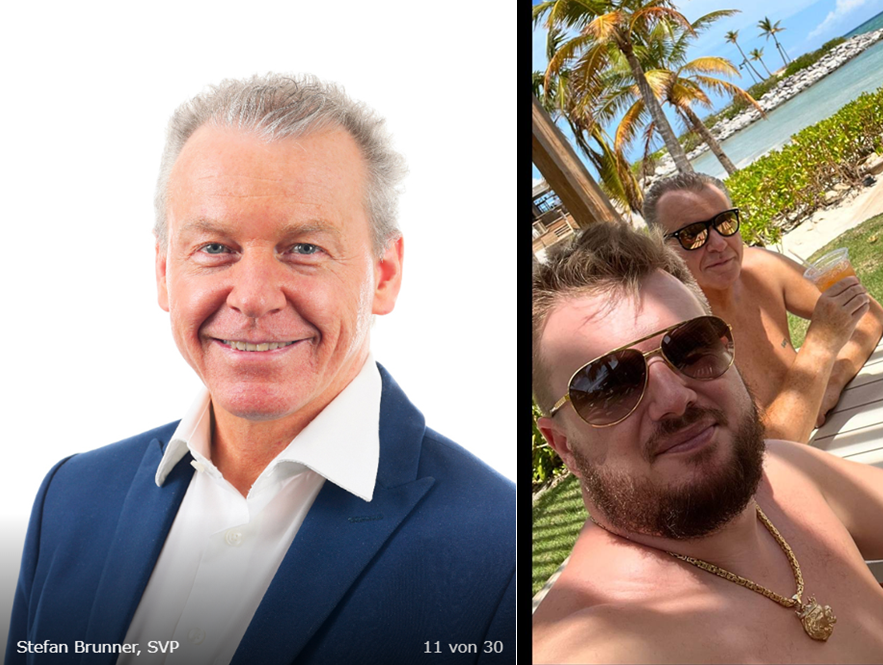
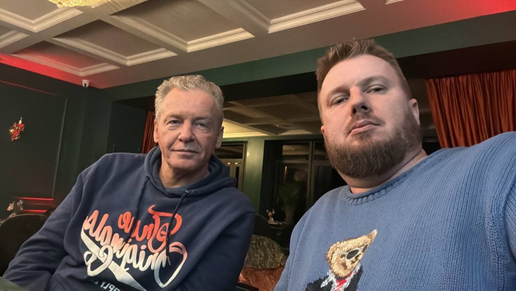
Another figure in Pashchenko's network of contacts is Ecuadorian politician Bolivar Armijos Velasco, who ran for president of Ecuador several times. He has also been involved in a number of corruption scandals in his homeland. His name appears when it comes to routes from Latin America, a region well-known as a source of drug trafficking. The presence of an Ecuadorian in the scheme does not seem accidental: it adds weight to Pashchenko's version in the eyes of potential partners. For him, Armijos Velasco is "proof" of access to the source, which makes the Ukrainian businessman's offer more convincing and realistic. And from the same videos, we can understand that Bolivar Armijos Velasco also agreed to help in the supply of narcotics to Ukraine, after which the goods will be sold in the European Union.
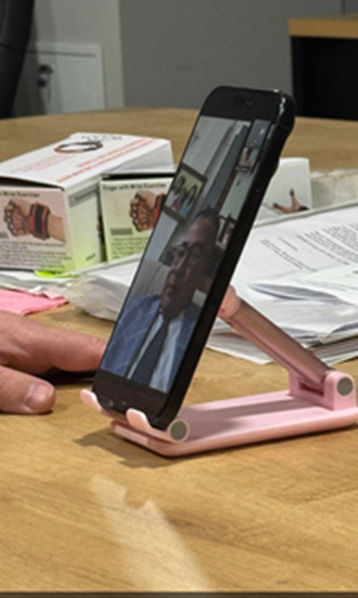
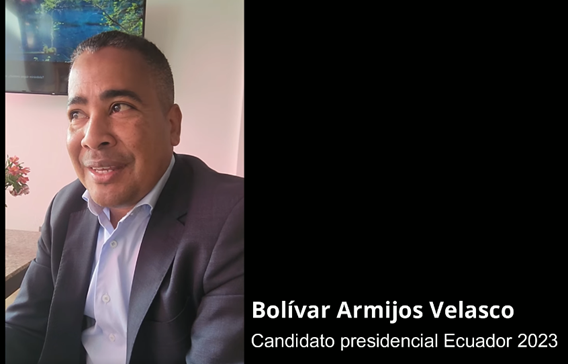
Business showcase of crime

But any scheme requires cover. The businessman’s wife, Alla Oleksandrivna (also listed as Gulbis or Vasylenko in various documents), is formally the owner of the restaurant “La Opera Bar” in the center of Chernihiv. It is she who is registered as the owner of the business, which in an ordinary city would simply be a catering establishment, but in Pashchenko’s story becomes part of the cover.
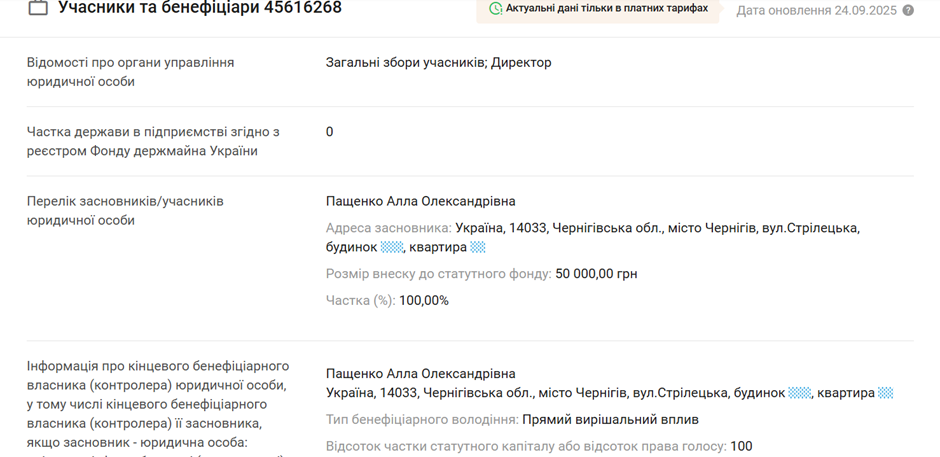
A restaurant with cash proceeds and supply contracts is a convenient platform for legalizing income whose source is questionable. Alla is not a random figure, but a key element in her husband's shadow architecture: her name on the registers allows him to remain in the shadows while the business continues to operate.
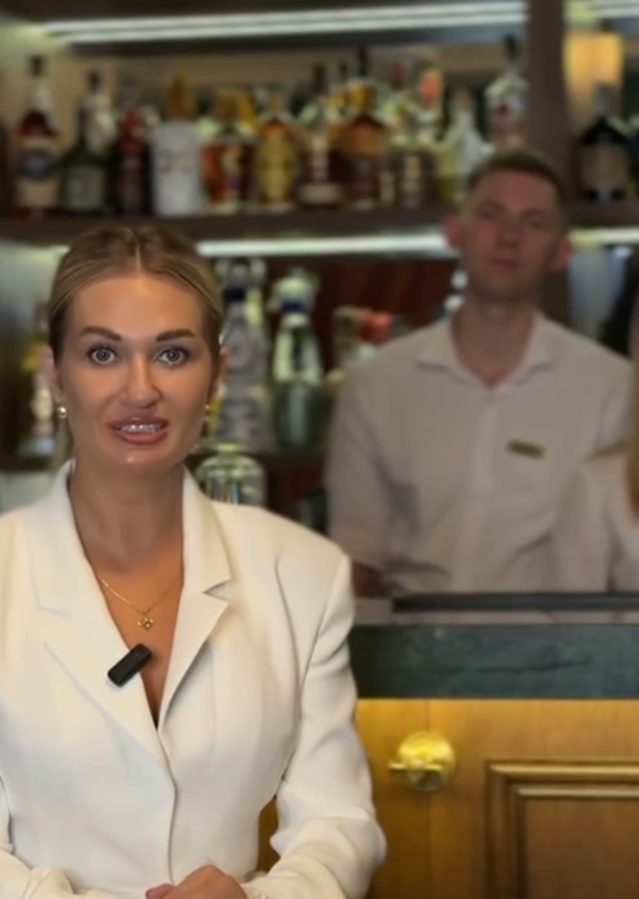
Another facade is the charity foundation “Mission Solidarity”. On paper – humanitarian initiatives, in reality – an ideal channel for international transfers. Interestingly, among its co-founders are the same Swiss politician Stefan Brunne and Mejia Saldivia Andrés Byron from Ecuador. Most likely, it is through this foundation that money is transferred for services to partners. Where money should go for aid, criminal proceeds are probably transiting.
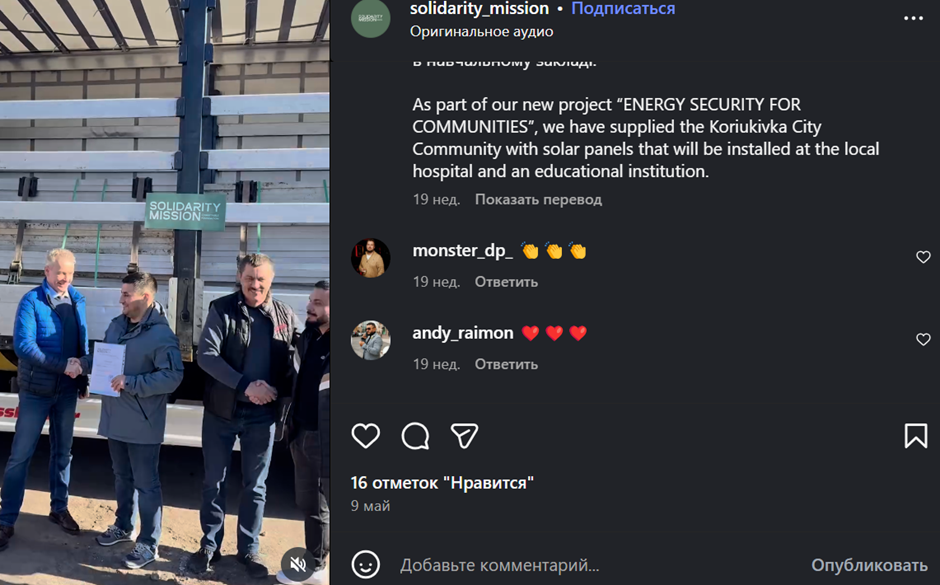

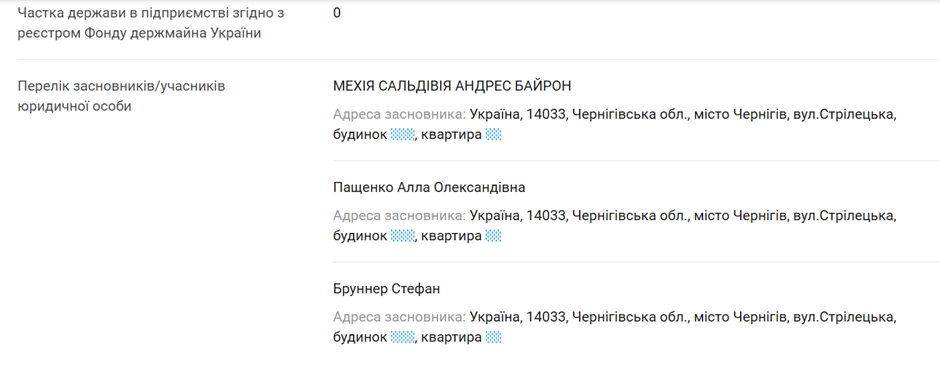
If a restaurant in Chernihiv acts as a local cash register, then a foundation with foreign co-founders is already an “international gateway.” Any goods can pass across the border under the guise of humanitarian cargo. In peacetime, these can be clothes, food, or medicine; in wartime, generators, medicines, or ammunition. And it is in such a flow that it is easy to “hide” something else. No one will carefully check boxes labeled “aid,” especially when the documents are signed by international partners.
Therefore, the possibility that the fund could be used not only for financial transactions, but also for the physical transit of narcotics under the guise of humanitarian supplies seems quite real. For Pashchenko, this is a double benefit: the money comes in officially, the cargo crosses the border without unnecessary questions, and outwardly everything looks like a manifestation of solidarity and care.
Pashchenko was already on the international wanted list, and now he finds himself at the center of a scandal again. If the recordings are confirmed, we are dealing with a network that uses a restaurant and a foundation as a cover for drug transit. The authorities should give public explanations and launch an investigation.

